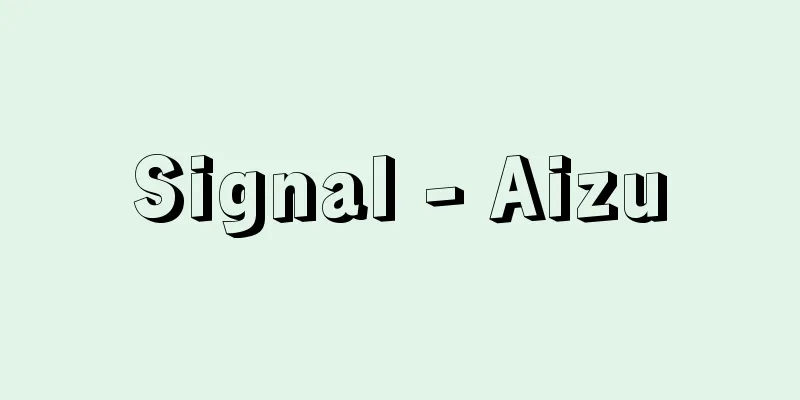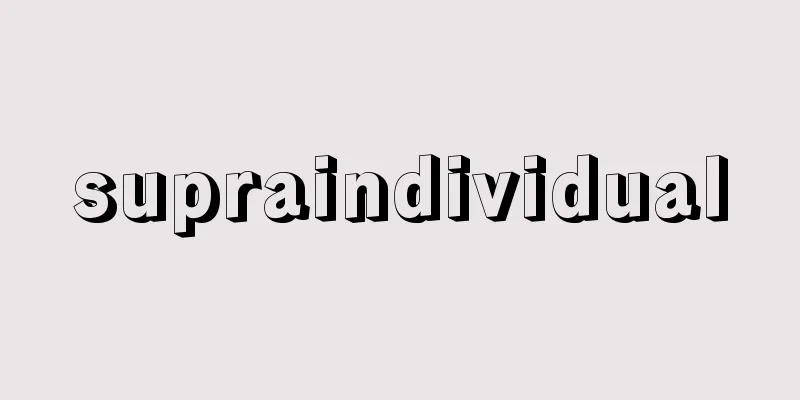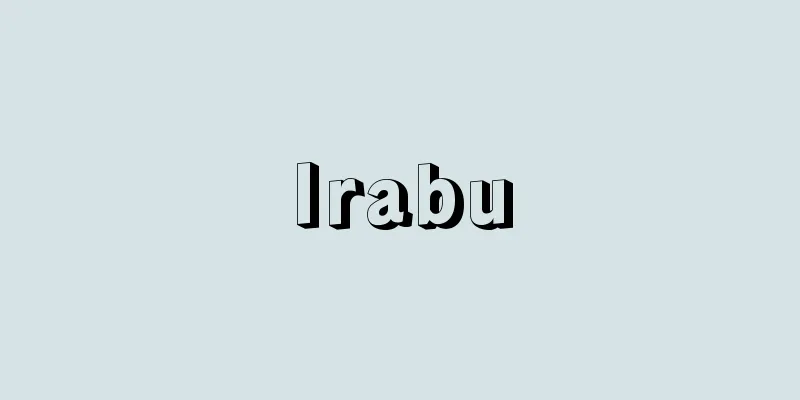Signal - Aizu

|
An agreement made in advance to do something. From this original meaning, the word "signal" has expanded to include the act of informing others of something in an agreed upon way, as well as a method or signal for informing others that has been agreed upon in advance. A signal is an old concept in Japan, and it is a promise that the parties involved must agree on and take responsibility for. In ancient times, the expressions "to give a signal," "to take a signal," and "to decide on a signal" meant "to promise." It is said that the origin of the word "signal" is "aishouzu," and from this we can see that it is a promise. However, if there is a slight difference in the nature of a general promise and a signal, it is that the timing is important for what is being done now or in the future, such as a signal made with a shell or drum in battle, and if the timing is off, the meaning and effect of the action will be diluted or it will miss the mark, even if the exact same action is performed. Therefore, both the person giving the signal and the person receiving the signal must be tense so as not to miss the timing, and if the timing is off by mistake, a kind of responsibility will even be incurred. An easy-to-understand example would be when a batter misses the hit-and-run signal in baseball and the runner is tagged out at second base. In this way, a signal requires coordinated action and cooperation between the parties involved. This is also where signals differ slightly from promises, which are made by following an agreement and fulfilling what has been promised. They are also different from signals used to communicate one's intentions to another; signals can be overlooked, but cannot be misunderstood. In summary, signals are methods or signals that are agreed upon in advance to ensure that actions and cooperation are timed and coordinated in order to ensure the success or failure of an undertaking. So how do these signals exist in modern society? For example, when a plane that has landed is guided to a designated location and stopped, the pilot follows the signal of the guide. The doors are only opened when the airport and the inside of the plane have exchanged signals. This is for safety. Symphony orchestras and choirs start, progress, and end performances and choruses with hand signals from the conductor. This is because harmony is important in music. On television, the floor director starts broadcasting with a signal called a "cue out," and if the movement is slow, he moves his hand around to speed it up, and if he wants to extend the time, he slows it down by stretching his hand out to the left and right, and ends the broadcast by crossing both arms several times. This is because every second is extremely important on television. Hand signals are used at stock exchanges and auctions. Hand signals are more reliable than voice signals, and they help the auctioneer's movements to keep to the rhythm. Signals are particularly used in sports. This is because timing and coordination are particularly important in sports, such as the starting pistol used to fire an arrow to signal the start of an event like track and field or swimming, or signals called "signs" in team sports. In addition, there are other ritualized signals such as the Japanese hand clapping ceremony, the gunfire at celebrations and funerals, the ship's drum, the fanfare at the opening ceremony, etc. Signals that unify the will and actions of a group have existed since ancient times, so it is only natural that they would be ritualized. Furthermore, signals are communicated symbolically through a predetermined means, so they often use simplified expressions. In nighttime battles, signals are given using passwords, such as "mountain" being answered by "river" to distinguish friend from foe, but generally, normal words are not used, and shouts, actions, sounds, lights, smoke, etc. are often used. In other words, signals have meanings based on an agreement, so they are characterized by the fact that others who are not familiar with that agreement cannot understand their meanings at all. [Mitsusada Fukasaku] [Reference] |Source: Shogakukan Encyclopedia Nipponica About Encyclopedia Nipponica Information | Legend |
|
何事かをしようとするため、あらかじめしておく取り決め。この原義から発展し、互いに約束した方法で物事を知らせる行動や、あらかじめ取り決めておいた知らせるための方法や信号なども合図とよぶ。 合図は日本に古くからある観念で、当事者間で合意し責任をもたなければならない約束のことである。古来「合図をさす」「合図をとる」「合図を定める」という表現は、「約束する」ことを意味していた。合図の語源が「相指図」であるといわれているが、このことをみても、約束であることがわかるであろう。ただ、一般の約束と合図が少し性格的に異なるとすれば、現在あるいは今後しようとすることが、たとえば戦闘において貝や太鼓でする合図の場合のように、タイミングが重要な点であって、タイミングを外してしまうと、まったく同じ行動をしても、行動の意味も効果も薄れたり、的を外してしまう。したがって、合図を出すほうも受けるほうも、タイミングを外さないように緊張していなければならないし、誤ってタイミングを外した場合、一種の責任さえ生じる性格のものである。わかりやすい例でいえば、野球でヒット・エンド・ランの合図(サイン)が出ているのをバッターが見落とし、ランナーが二塁に刺される場合がこれにあたるだろう。このように、合図には当事者同士の息のあった行動や連携が要求される。そこがまた、約束したことを取り決めに従って履行していけばいい約束と、この合図とが少し異なる点でもあろう。またこれは互いの意志を通じさせるための信号とも違う点で、合図には見落としはあっても見間違いや誤解はありえない。以上を要約すれば、合図とは、成功・不成功を賭(か)けて行う何事かをうまく運ぶため、あらかじめ取り決めておいた方法や信号で、タイミングと息のあった行動や連携を行わせるものといえよう。 では、現代社会において、このような合図はどのように存在しているか。たとえば、着地した飛行機を所定の場所に誘導し停止させる場合、誘導員の合図に操縦士は従う。ドアは、飛行場側と機内側との合図が取り交わされたとき初めて開かれる。安全のためである。交響楽団や合唱団は、指揮者の手の合図で演奏や合唱を開始し進行させ終了させる。音楽ではハーモニーがだいじだからである。テレビでは、フロア・ディレクターは「キュー出し」とよばれる合図で放映を開始し、動きが遅いときは手をぐるぐる回して速め、反対に時間を引き伸ばしたいときは手を左右に引き伸ばす動作で遅らせ、両腕を数回交差させて終了させる。テレビでは秒分がきわめて重要だからである。証券取引所やせり市では手ぶりを使う。声よりも手ぶりの合図を見たほうが、より確実で、せりの動きがリズムにのるからである。スポーツではとくに合図が多用される。陸上競技や水泳などのスタートの合図のピストルや、サインとよばれる集団競技の合図などで、スポーツではタイミングや連携がとくにたいせつだからである。 このほか、日本の手打ち式の手打ち、慶弔時の号砲、船のドラ、開会式のファンファーレなど、儀式化した合図もある。集団の意志や行動を統合する合図は、人類の昔から存在しており、儀式化するのも当然のことであろう。 また合図は、あらかじめ取り決めてある手段でシンボル的に伝えるものなので、伝達は単純化された表現をとることが多い。夜の戦闘で敵味方の判別のため「山」といえば「川」と答える式の合いことばによる合図もあるが、一般的には正常なことばでなく、叫び、動作、音、光、煙などが多く用いられる。いわば、取り決めによって意味をもつものなので、その取り決めを知らない他者には少しも意味がわからないのが特徴である。 [深作光貞] [参照項目] |出典 小学館 日本大百科全書(ニッポニカ)日本大百科全書(ニッポニカ)について 情報 | 凡例 |
Recommend
Apoikia (English spelling)
Ancient Greek colonies. Meaning "a settlement...
Rotating - In the middle of rotation
…Also known as the rotworm. A type of worm found ...
Shigaraki Palace
One of the palaces of Emperor Shomu. It is also w...
Ikeda Chausuyama Kofun - Ikeda Chausuyama Kofun
...The name was probably chosen because the stepp...
Inner ear - naiji
The inner ear contains the organs of hearing and ...
Astyages (English spelling)
...Afterwards, they conquered Urartu and Mannae, ...
Carburetor - Carburetor
A device that supplies a suitable mixture of air ...
Henri Lebesgue
French mathematician. Born in Beauvais, he studie...
Senkei Ikenobo - Senkei Ikenobo
Years of birth: unknown. A monk of Chohoji Temple ...
Acker - Acker
...These units of area are the area that a yoke o...
Onishi Jourin
1590-1663 A kettle maker in the early Edo period....
Hokuhansan - Hokukansan
The main peak of the Bugak mountain range, locate...
Vasil'evskii, Ostrov (English spelling)
...After that, pontoon bridges and pontoon bridge...
Monsieur Hulot (English spelling)
... He was a music hall entertainer who started o...
Inugami Mochi - Inugami Mochi
...A type of tsukumono found mainly in Shikoku, e...









